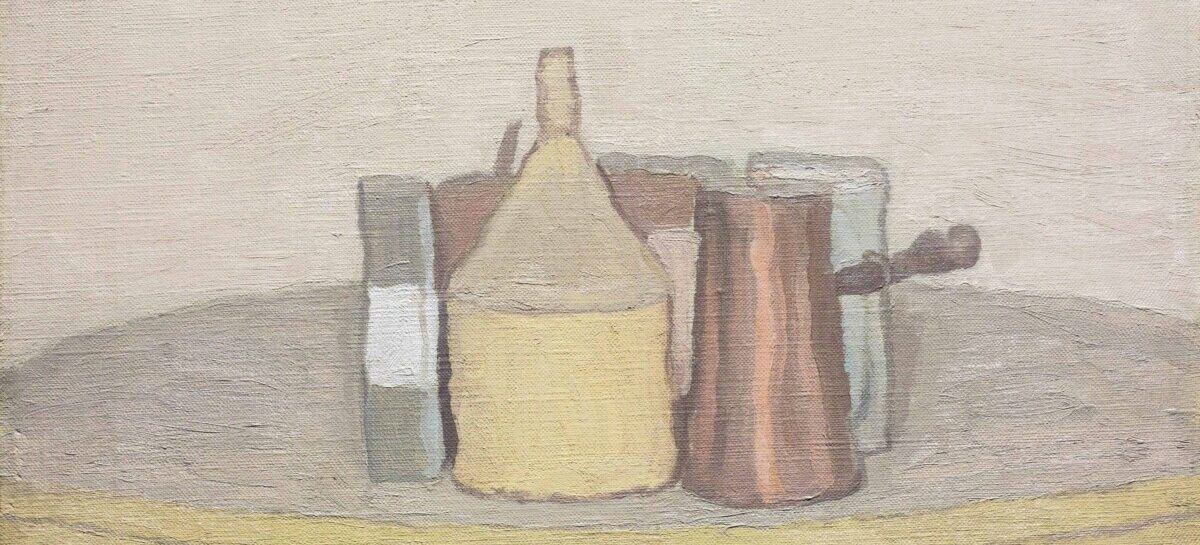Part 1
James Baldwin once said, “the world is bigger.” This might mean that the world is getting larger in a regular way, but also in terms of information. In school, we learn a lot about history, which is important, but there are other essential things we should be taught, like how to pay taxes and manage our finances. I still don’t know how to pay my rent, and it’s unlikely that we’ll learn that in school. Another thing we should learn in school is how to handle things like insurance. I have no idea how that works; I just assume it’s like a subscription to stay insured. There are so many life skills we could be learning, like swimming. Some people, including myself, don’t know how to swim. We should also be taught how to take care of our homes, deal with disasters, and keep pests away. We rely on our parents for this because reading a lot of text doesn’t seem to help me learn these skills. If teachers taught life skills, we might be more confident in the world and able to learn about history with more interest, without the pressure of tests on people we haven’t had the motivation to research.
Part 2
When I was a kid, I always found hospitals interesting. The doctors and the medical stuff fascinated me. Every time I went to the hospital, I’d notice how the doctors dressed and how quickly they talked about patients and their diagnoses. I’d ask my mom what they were saying, what the tools they used were for, and she did her best to explain. But there was one question she couldn’t answer: “Why is it that people go to the hospital to get better, but sometimes they get worse? Why does that happen?” I’ve stayed curious over the years about what’s on a doctor’s mind and how they do procedures. I wanted to be in the medical field, but not spend years studying, so now I’m learning about helping patients with X-rays. These questions kept my interest in medicine alive and brought me where I am today. Without traditional schooling, I might have lost interest, but teachers and counselors guided me to explore opportunities in the medical field. They even brought professionals to talk to us about it. I still wonder how medicine will change in the future and if doctors and nurses will still be needed. The medical world is always evolving, and it’s exciting to think about what the future holds.



